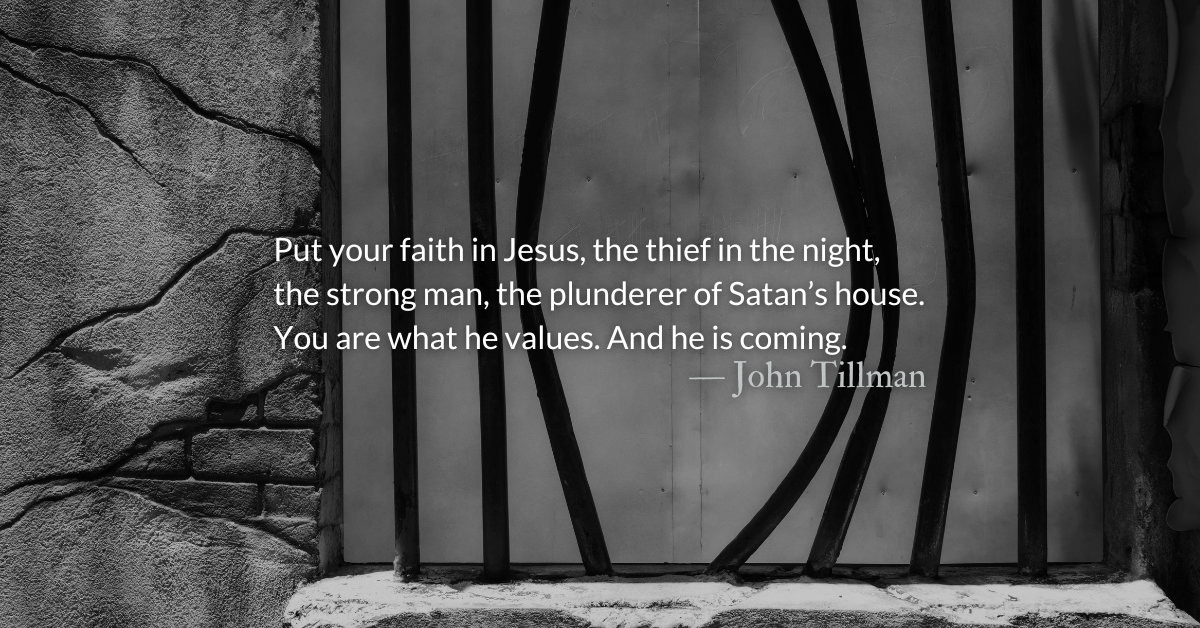Scripture Focus: Hosea 11:10-11
10 “They will follow the Lord;
he will roar like a lion.
When he roars,
his children will come trembling from the west.
11 They will come from Egypt,
trembling like sparrows,
from Assyria, fluttering like doves.
I will settle them in their homes,”
declares the Lord.
Reflection: Clumsy Doves
By Erin Newton
During the pandemic, we all became amateur birders, right? Confined to our homes when businesses and schools shuttered for a varied amount of time, I think many of us started to look out the window. I was one of those people who moved all the bird feeders to the window with the best sunshine and comfiest chair.
We have a dozen different species of birds nearby. Hawks, crows, and vultures rule the skies. We also have daily visits from cardinals, chickadees, finches, and roaming the ground—doves.
The hawks soar and swoop effortlessly. The cardinals are adept at flying down to the feeder and back up to the limbs ever so quickly. The doves—well they fly down, flapping their wings rather clumsily. When I read about the return of the Israelites fluttering back home, it paints a vivid picture in my mind.
Fluttering sounds nice and soft, like a butterfly landing on a rose. The NIV translation, however, is a bit poetic when describing the “fluttering” of the doves and the “trembling” of the sparrows. The Hebrew text uses only one verb for both birds: “trembling.” It seems that the NIV misses some of the depth of the Hebrew here.
Theological dictionaries point out this word describes someone (or something) that is frightened. In fact, the essence of the word is not fully understood unless the element of panic is also embedded in the image. They are not fluttering like butterflies in a meadow. They are trembling, terrified—wobbling down to the ground in the clumsy flight of a dove.
Why are they so afraid? They are following a roaring lion. Like Aslan in Chronicles of Narnia, he is not “safe,” but he is good. They follow the Almighty God, not the weak gods of their idols.
But I imagine they are also a little traumatized from living in exile and experiencing the previous invasion by the Assyrians or rule by the Egyptians.
It is no ordinary thing to experience God. We might treat it as common but usually only when life has been “safe.” Pain tends to heighten our spiritual sensitivities. Some of us stumble into the presence of God after the long dark night of the soul. Some emerge from the consequences of sin, only to see God roaring as a lion—not to devour—but to lead us home.
Even in our clumsy, stumbling spiritual journey, we can trust in his promise of compassion.
Divine Hours Prayer: The Greeting
Your love, O Lord, reaches to the heavens, and your faithfulness to the clouds. — Psalm 36.5
– From The Divine Hours: Prayers for Summertime by Phyllis Tickle.
Today’s Readings
Hosea 11 (Listen 1:53)
Matthew 14 (Listen 4:14)
Read more about Hearts God Moves
May God move in our hearts, as in the hearts of the returning exiles, making his dwelling place with us and shining brightly through us.
Read more about Beyond Second Chances
Haggai spoke to people returning from exile. They are at home, yet homeless, returning to a flattened, burned, destroyed city.











